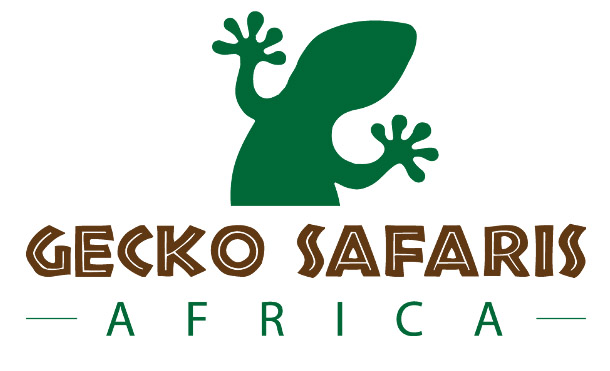THE BATWA PEOPLE.
 The Batwa people are also referred to as the “pygmies,” and they are found in Africa, particularly in Uganda.
The Batwa people are also referred to as the “pygmies,” and they are found in Africa, particularly in Uganda.
These people are one of the most ancient and indigenous groups of people in Africa, with a heritage steeped in rich cultural practices and centuries-old traditions.
Historically, these lived in the forest and were gatherers and, at the same time, hunters, while in the forest relying on their knowledge of the land for survival.
Origin and History of the Batwa People.
The Batwa people, believed to be one of the oldest indigenous populations in Central Africa, traditionally lived as nomadic hunter-gatherers.
Archaeological evidence suggests that their presence in Central African forests spans thousands of years, making them among the earliest inhabitants of the region.
Historically, they occupied the dense rainforests of what is now Uganda, Rwanda, Burundi and parts of the Democratic Republic of the Congo.
Their intimate knowledge of the forests allowed them to thrive by hunting small game, gathering wild plants and practicing sustainable use of natural resources.
They developed complex spiritual beliefs tied to the forest, viewing it as both their home and a sacred entity.
They were forcibly evicted from their ancestral lands, causing significant disruptions in their traditional lifestyles and pushing them into a marginalized existence on the periphery of society.
Modern-Day Location of the Batwa People.
The most concentrated populations reside near Bwindi Impenetrable Forest and Mgahinga Gorilla National Park in Uganda, as well as the Nyungwe Forest in Rwanda.
Unfortunately, most Batwa families live in impoverished conditions with limited access to resources, healthcare, and education due to displacement and a lack of recognition of their ancestral land rights.
Efforts from NGOs, cultural heritage organizations, and local governments are attempting to improve their conditions by often focusing on advocacy, land rights, and cultural preservation.
Tourism initiatives have also started providing economic opportunities for the Batwa, allowing them to share their culture and skills in a respectful and beneficial manner.
Activities to Engage in While Visiting Batwa Territories.
Batwa Cultural Trail.
Tourists can explore how the Batwa historically used plants for medicinal purposes, observe ancient hunting techniques and even participate in music and dance performances that tell stories of Batwa heritage.
The trail also often includes a visit to a replica of a Batwa village where guides explain traditional housing, family roles and spiritual beliefs related to the forest.
Storytelling and Music
Storytelling is a vital aspect of Batwa culture, where elders in the community often share oral stories passed down over generations, offering insights into the myths, legends, and beliefs of the Batwa people.
Music and dance performances are central to Batwa gatherings, often featuring traditional instruments like the “endongo” (a string instrument) and various drums.
These performances provide an immersive experience into the expressive artistry of the Batwa.
Forest Walks and Medicinal Plant Tours
These groups of people have an encyclopedic knowledge of medicinal plants and herbs.
Tours that include forest walks with Batwa guides reveal the ancient practices of plant-based medicine and sustainable harvesting techniques.
Guests learn about plants used to treat ailments like fevers, infections, and digestive issues, showcasing the Batwa’s unique expertise in herbalism.
Pottery and Craft Workshops
Crafting skills are another important aspect of Batwa life, with pottery being a specialty.
Visitors can engage in pottery workshops where Batwa artisans teach traditional pottery-making methods.
These hands-on experiences allow tourists to appreciate the craftsmanship involved in Batwa ceramics, which are often created for practical use as well as for sale in local markets.

